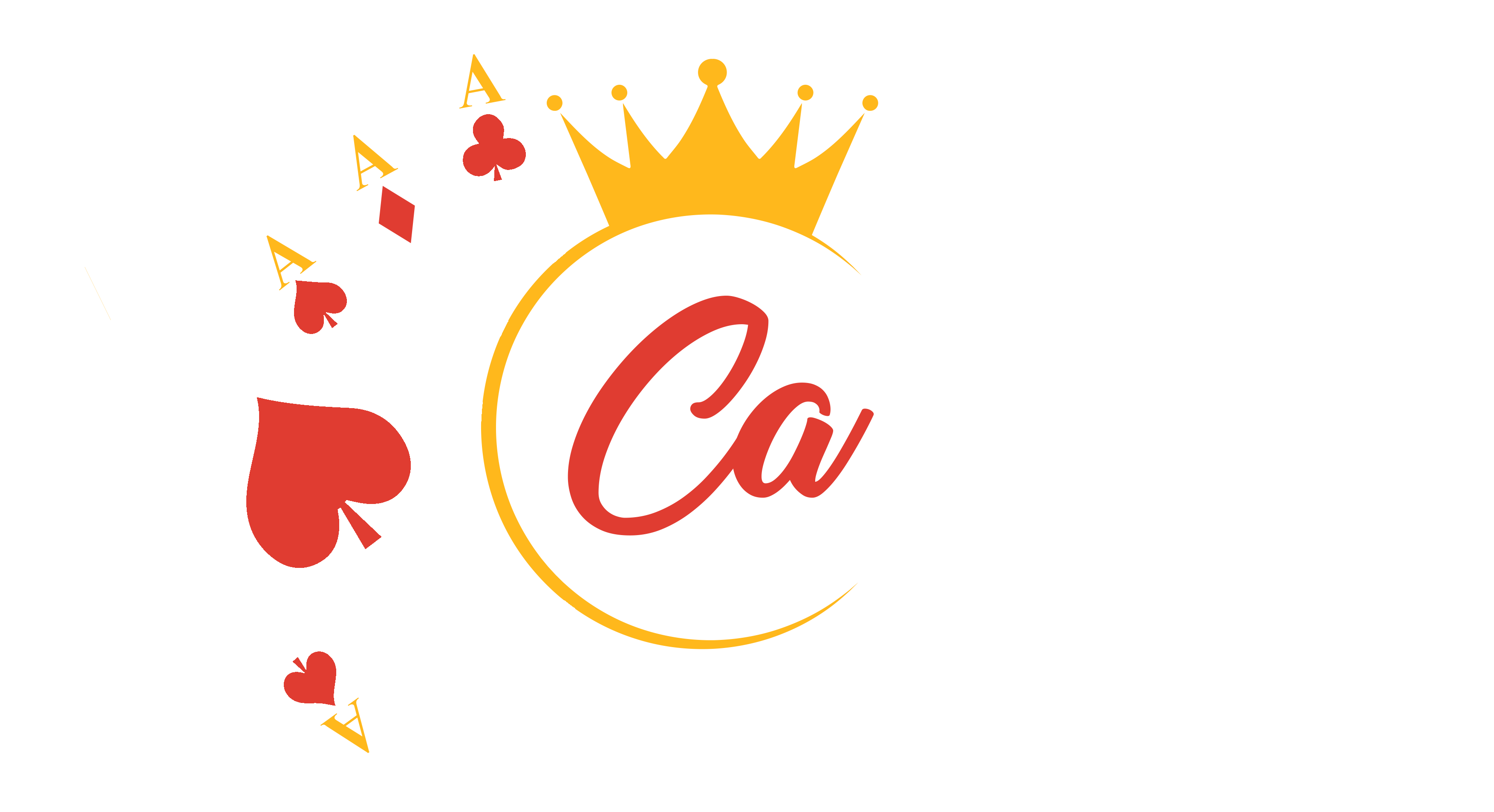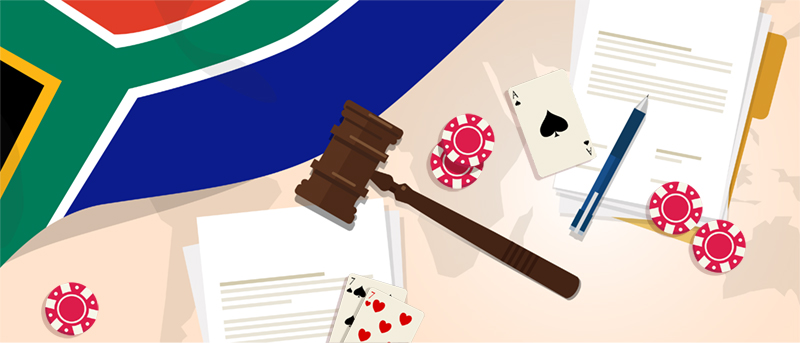Laws for Gambling
The Rainbow Nation is an attractive tourist destination for all. It boasts spectacular scenery and the finest casinos that Africa has to offer. However, it wasn’t always so.
In 1965, the country passed laws that banned all gambling activities within its borders, except for horse racing. A decade later, gambling establishments began operating in the bantustans of Venda, Transkei, Bophuthatswana, and Ciskei.
By the early 1990s, illegal gambling houses were rampant, prompting the Gambling Act of 1996. It changed the supervision and regulation of the activity in the country.
Which are the Gambling Laws in South Africa in 2021?
If you are a South African resident and a game of chance enthusiast, consider yourself lucky. The country has a lax stance when it comes to gambling compared to the rest of the continent. It has been at the forefront of its legislation, attempting to create a safe environment for its players.
In 2004, politicians lobbied to incorporate online gambling into the country’s legislation, which led to the Gambling Act of 2004. It repealed and replaced the original, but it did not regulate online casino games.
In 2008, the National Gambling Amendment Act got passed, and it strengthened regulatory power. It affected specific aspects of the local industry, and amendment bills in 2016 and 2018 further modernized it.
Is Gambling Legal in South Africa?
In short, most forms of land-based gambling are legal.
However, in the digital sphere, authorities only allow online sports/ horse racing betting. South African companies cannot legally offer games of chance to residents. Though, South Africans can play at foreign sites without fear of prosecution. Online poker is also illegal.
Gambling Act
The 2004 Gambling Act aimed to provide concurrent national and provincial legislative competence over sports wagering, horse racing, and casinos. It established uniform standards and norms applicable to the regulation of specific gambling activities.
Its main goals were to protect minors, restrict granting credits to players, enforce advertising restrictions, and implement self-exclusion measures.
The act received support from a significant percentage of the population. It prohibited operators from offering interactive gambling services over the internet. Most notably, poker, bingo, and casino games.
Different types of gambling
By definition, gambling is the act of wagering money on an event with an uncertain outcome. Thus, it can take many forms. It can involve many activities that can range from video gaming machines to government-run lotteries.
It requires two parties, a player and a bookmaker. The first wagers money that something will transpire and the latter accepts it believing that it won’t. In regulated form, the odds are always on the bookmaker’s side.
Below we talk about its most common forms in South Africa.
Casino
South Africa has the most-regulated land-based casino industry on the continent. In 1994, only nine such venues were operational. Today, there thirty-nine establishments, which are home to 25,000 slot machines, and almost 1,000 table games like roulette or blackjack.
The laws permit the National Gambling Board to issue 41 casino licenses. Which more than enough at the moment.
Sports Betting
You can legally bet on sports in South Africa, at land-based venues and digitally. You have to do so at an operator licensed by the National Gambling Board.
According to estimates, there are over 400 betting shops and 300 sportsbooks in the country. Nigeria and South Africa vie for the top spot as the continent’s largest sports betting markets.
Lottery
In 2000, the country formed the National Lottery Commission, and the South African National Lottery got established. It has enjoyed continuous success. In 2007, it got suspended for six months. It has continued uninterrupted ever since.
In 2015, ITHUBA Holdings attained the national license.
Lotto is the most popular gambling game in South Africa, with a participation rate of 96.9%. Though, many residents choose to participate in international draws due to higher potential payouts.
Horse Racing
For decades, horse racing was the only legal form of gambling in the country. That all changed with the Gambling Act of 1996.
Since then, this sector has faced challenges in attaining new bettors.
Saftote is the controlling agency in the KwaZulu-Natal and the Western Cape. There, Gold Circle is the licensed operator. Phumelela Gaming operates horse racing in the other seven provinces.
Regulated Gambling benefits
Regulation ensures player safety, which should always be a top priority. Licensed operators have to abide by rules that guarantee fairness and payouts. Laws foster player trust in the industry and help it grow.
The government and local communities also see massive benefits from allowing these activities to take place. Gambling taxes introduce a new influx of funds for government-run programs. Most countries have designated sectors where such accumulated funds go, and they often include after-school programs and youth development.
Laws also mandate that operators promote responsible gambling and provide self-exclusion options.
Conclusion
For now, South African entrepreneurs cannot operate online casinos from within the country’s borders. However, residents are free to play at foreign sites. Authorities make no effort to prosecute those that do so.
In 2008, there was a massive push to legalize online casino and poker platforms. Despite heavy lobbying, no legislation got passed. As online sports betting is legal in South Africa and since the iGaming industry is booming, many are hopeful that new laws will soon get introduced.

